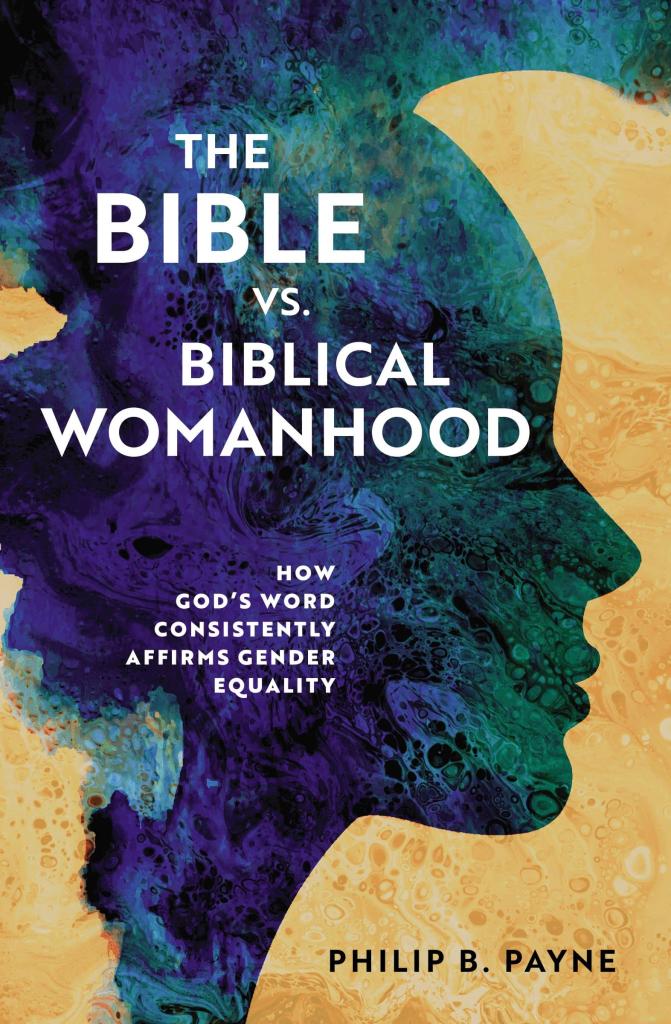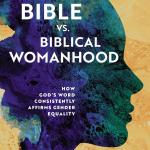BEN: In general I think your approach to elders and deacons works, though it’s putting a lot on the little word ’tis’ to assume it means both men and women. Does your evidence suggest it always implies a gender inclusive audience?
It was specifically my examination of τίς in the NT that made me realize that it almost always must include women even when followed by masculine pronouns. For example, “whoever (τίς) would follow after me, let HIM take us HIS cross and follow me.” Because of about 50 examples I sent to Tim Friberg like this, he twice went through the entire NT identifying each instance where a grammatically masculine form either must or could include women. I’ll send my unpublished study on τίς to you by separate email. Tim wrote to me that he has identified between 7500 and 8000 such instances, roughly one per verse in the NT. He has asked me to co-author an article about this, and I have agreed. Note that Tim Friberg is a complementarian, so these results were not what he was looking for. He defends the priority of the Byzantine text form and regards my conclusions regarding 1 Corinthians 14:34–35 as heresy.
Grave inscriptions provide little context to specify the meaning of univera. I suspect that most who read those inscriptions understood it not simply as implying that a woman was married to only one man but that she is being honored as having been faithful to him, at least sexually, and probably implying that she was faithful in other senses as well. Today gravestones that say “devoted wife” are a rough equivalent conveying the same idea.
Please do not perpetuate the mistranslation “one woman man.” The genitive requires something like “man of one woman”. In light of Paul’s explicit affirmation that when a husband dies the wife is free and in light of strong cultural and economic pressure for women to remarry, I think it highly unlikely that “one woman man’ might be a new Christian requirement.” That Paul would exclude any man or woman who was remarried from being an elder or overseer is not at all like the Paul I know from his letters. Paul is not that kind of legalist.
On page 65 I explain why I have and continue to argue against interpreting 1 Timothy 5:1–2 as referring to elders and women elders. I think if you re-read pages 159–172 you will understand why the data of the text caused me to change my mind even though I previously had dismissed Aída Spencer’s arguments for this.
Beware of misuse of the word “role.” Childbearing is not a “role,” and certainly not even a capacity that all women have and that most women lose over time. “Child rearing” can be a role, but one that changes rapidly over time. “Role” describes a responsibility or activity that one assumes for a particular task. Roles change over time. They are not permanent. To say that women do not have a leadership “role” is a misuse of the word “role.” It conceals a restriction in agency as though it is just a “role.” And by adding “God-given role” it attributes the restriction on God. The child becomes the father, who typically then becomes like a child with far restricted roles. See the references to “role” in my index, p. 208 and particularly Kevin Giles study listed on p. xxvi, n. 4.
BEN: As you can see, this book has prompted some useful dialogue, but you should read it and see how it strikes you as well. It will not be a waste of time or boring if you do.













